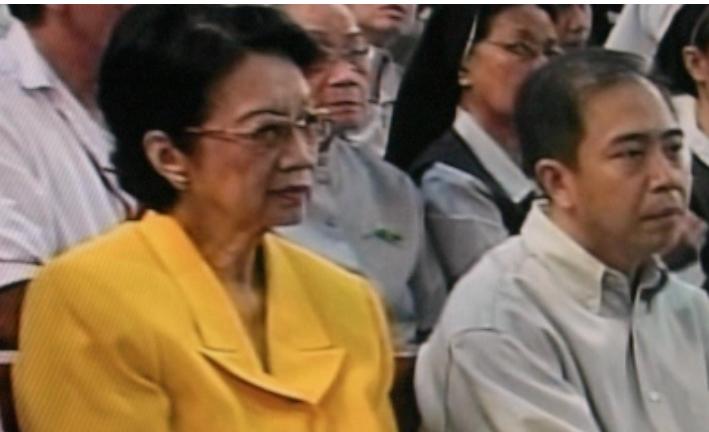“GOOD luck to them.”
This was Malacañang’s short message to online news site Rappler on its efforts to invalidate the Securities and Exchange Commission (SEC)’s revocation of its license.
Rappler on Monday, January 29, filed a petition before the Court of Appeals (CA) seeking to reverse an earlier SEC ruling that voided the news organization’s incorporation papers for allegedly violating the constitutional restrictions on foreign ownership.
The SEC en banc on January 11 ruled that Rappler Inc. and Rappler Holdings Corp. (RHC) made violations when it allowed Omidyar Network, one of the Philippine Depositary Receipts (PDR) holders of Rappler, to exercise control over the news outfit.
“Good luck to them. After all, the noise that they’ve created, they are certainly hoping that they could influence the Court of Appeals,” Palace Spokesperson Harry Roque said in a statement.
In its petition, Rappler claimed that the SEC erred in its interpretation of the Omidyar PDR.
“The clause does not give Omidyar the power to decide when and how the articles of incorporation or by-laws of Rappler, or any other corporate matter, are to be made. Therefore, Omidyar has no control over the actions of RHC, and also Rappler,” it said.
Rappler also pointed out that the SEC has no findings that Omidyar actually exercised control over the company, making the ruling baseless.
“Thus, Rappler and RHC cannot be punished, in any way for a violation that never occurred,” it stressed.
Rappler further argued that it cannot be held liable for violating the law banning foreign ownerships on mass media because it “is not engaged in the business of mass media.”
The news outfit noted that the Article XVI, Section 11 (1) of the 1987 Constitution only refers “mass media” to print and broadcast media, while Rappler is fully internet-based.
“The activities of Rappler are more akin to the way Facebook, Twitter, YouTube, and blogs operate,” Rappler said, adding that it is the country’s first “all-digital news organization.”
In its petition, Rappler also claimed that the SEC did not follow due process when it issued the revocation in the absence of a formal charge, depriving the news organization of opportunities to defend itself.
“There was also no formal administrative action filed against Rappler and RHC before the SEC. Without an administrative action, surely, no administrative action, including the suspension or revocation of the corporation’s franchise, could have been imposed by the SEC,” Rappler said.
It added, “Since no administrative charge was instituted against Rappler and RHC, they were not provided with sufficient notice of the formal charge against them (because none was issued) and the opportunity to be heard.”







